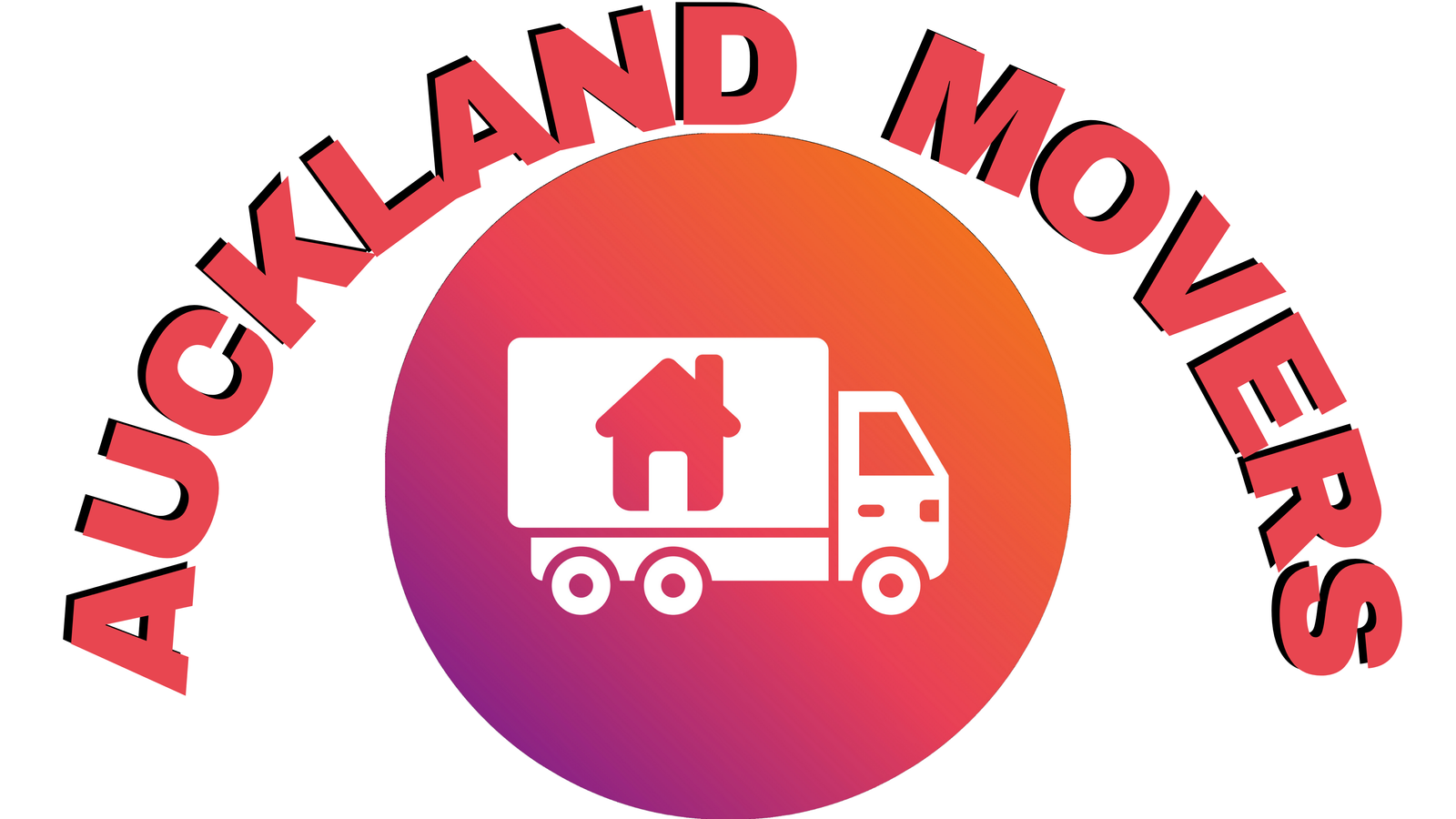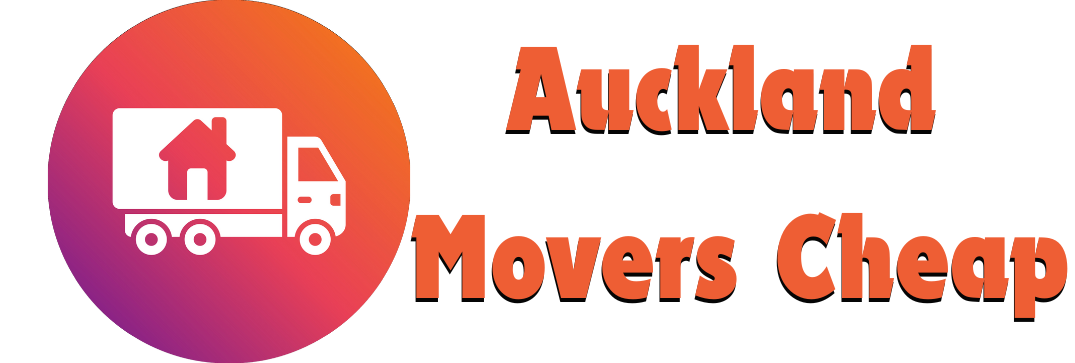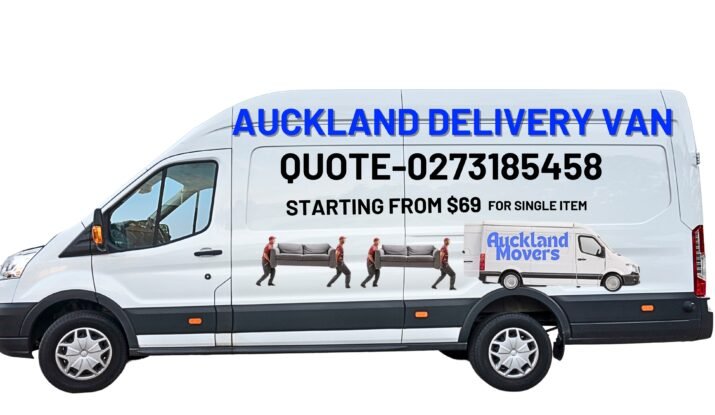
Unveiling the Cost of House Movers in New Zealand: A Comprehensive Guide
Introduction
Moving house is a significant life event that often comes with a mix of excitement and stress. One of the most pressing questions for many New Zealanders planning a move is, “How much do house movers cost in NZ?” This comprehensive guide aims to shed light on this question, providing you with valuable insights into the costs associated with both local and inter-city moves in New Zealand.
Whether you’re relocating to a new neighborhood or embarking on a cross-country adventure, understanding the financial aspects of your move is crucial for effective planning. Let’s dive into the world of house moving costs in New Zealand, exploring factors that influence pricing, average costs for different scenarios, and tips to help you manage your moving budget effectively.
The Average Cost of House Movers in New Zealand
Local Moves: Breaking Down the Costs
When it comes to local moves within the same city or nearby areas, the costs can vary depending on several factors. However, on average, for a standard 3-bedroom house move within the same locality, you can expect to pay between $500 and $1000. This price range typically covers:
The moving truck rental
Labor costs for professional movers
Basic packing materials
Insurance for your belongings during transit
It’s important to note that this is an average range, and your actual costs may fall above or below this, depending on your specific circumstances.
Inter-city Moves: Understanding the Price Range
For those planning a move between cities in New Zealand, the costs understandably increase due to the longer distances involved. On average, for a standard 3-bedroom house move covering a distance of 200 to 1000 kilometers, you would be looking at a total moving cost ranging from $1500 to $4000. This higher price range accounts for:
Increased fuel costs
Additional labor hours
Potential overnight accommodations for the moving crew
More comprehensive insurance coverage
The wide range in pricing for inter-city moves reflects the significant variation in distances that can be covered within New Zealand.
Factors Influencing House Moving Costs in NZ
Understanding the factors that affect moving costs can help you better estimate your expenses and potentially find ways to reduce them. Here are some key elements that influence how much house movers cost in NZ:
1. Distance of the Move
As we’ve seen in the average costs, the distance between your current home and your new location plays a crucial role in determining the overall cost. Longer distances mean more fuel consumption, more time on the road, and potentially more complex logistics, all of which contribute to higher costs.
2. Volume and Weight of Your Belongings
The amount of stuff you’re moving is another significant factor. More items mean a larger truck, more packing materials, and more labor hours for loading and unloading. If you have a lot of heavy furniture or appliances, this can also increase the cost due to the additional manpower required to handle these items safely.
3. Accessibility of Your Home
The ease of access to both your current and new home can affect the cost. Factors like narrow streets, lack of parking for the moving truck, or the need to use stairs or elevators can add to the complexity of the move and, consequently, the price.
4. Timing of Your Move
The time of year, month, or even day of the week can influence moving costs. Peak moving seasons (like summer) or weekends often come with higher prices due to increased demand. If you have flexibility in your moving date, you might be able to secure a better rate by choosing a less busy time.
5. Additional Services Required
Many moving companies offer a range of services beyond basic transportation. These might include:
Professional packing and unpacking
Disassembly and reassembly of furniture
Storage solutions
Specialty item moving (like pianos or artwork)
Opting for any of these additional services will increase your overall moving costs but can also make your move significantly easier and less stressful.
Breaking Down the Costs: What’s Included in a Typical Quote?
When you receive a quote from a house moving company in New Zealand, it’s essential to understand what’s included. Here’s a general breakdown of what you might expect to see:
1. Labor Costs
This typically covers the wages for the moving team, including drivers and movers. The number of team members and hours required will depend on the size of your move.
2. Transportation Costs
This includes the cost of the moving truck, fuel, and any tolls or ferry charges if applicable to your route.
3. Packing Materials
Basic packing materials like boxes, bubble wrap, and packing tape are often included in the quote. However, if you need specialized packing for delicate items, this might be an additional cost.
4. Insurance
Most reputable moving companies include basic insurance coverage in their quotes. This typically covers damage or loss during transit, but it’s important to check the details and consider whether you need additional coverage.
5. GST
Remember that in New Zealand, Goods and Services Tax (GST) of 15% will be added to your moving costs.
Tips for Managing Your Moving Costs
Now that we’ve explored the average costs and factors influencing house moving prices in New Zealand, let’s look at some practical tips to help you manage your moving budget effectively:
1. Declutter Before You Move
The less you have to move, the lower your costs will be. Take time before your move to sort through your belongings and consider selling, donating, or disposing of items you no longer need or use.
2. Compare Quotes from Multiple Movers
Don’t settle for the first quote you receive. Get estimates from at least three different moving companies to compare prices and services. Make sure each quote is detailed and includes all potential costs.
3. Be Flexible with Your Moving Date
If possible, try to schedule your move during off-peak times. Midweek moves or moves during the winter months are often less expensive than weekend or summer moves.
4. Pack Yourself
While professional packing services can be convenient, they also add to your moving costs. If you have the time and ability, consider packing your belongings yourself to save money.
5. Use Free or Low-Cost Packing Materials
Look for free boxes from local stores or online marketplaces. Use items you already have, like suitcases and laundry baskets, to pack your belongings.
6. Consider a Hybrid Approach
If a full-service move is beyond your budget, consider a hybrid approach. You could hire movers for the heavy lifting and transportation but handle the packing and unpacking yourself.
Understanding Additional Costs
When budgeting for your move, it’s important to consider potential additional costs that might not be included in the initial quote. These could include:
1. Long Carry Fees
If the moving truck can’t park close to your home, movers might charge extra for the additional time and effort required to carry items a longer distance.
2. Stair Fees
Moving items up and down multiple flights of stairs takes more time and effort, which could result in additional charges.
3. Specialty Item Moving
If you have items that require special handling, like a piano or valuable artwork, expect to pay extra for their safe transportation.
4. Storage Fees
If you need to store your belongings before moving into your new home, this will add to your overall moving costs.
5. Cleaning Services
You might need to pay for professional cleaning of your old home after moving out, especially if you’re leaving a rental property.
Choosing the Right Moving Company
While cost is an important factor when choosing a moving company, it shouldn’t be the only consideration. Here are some other factors to keep in mind:
1. Reputation and Reviews
Look for companies with positive reviews and testimonials from previous customers. Check online review platforms and ask for references.
2. Licensing and Insurance
Ensure the company is properly licensed and insured to operate in New Zealand.
3. Experience
Companies with more experience in the industry often have more efficient processes and can handle unexpected situations better.
4. Customer Service
Choose a company that is responsive to your questions and concerns. Good communication is crucial for a smooth moving experience.
5. Transparency
Opt for a company that provides clear, detailed quotes and is upfront about all potential costs.
Conclusion
Moving house in New Zealand can be a significant expense, with costs ranging from $500 to $1000 for local moves and $1500 to $4000 for inter-city relocations. However, by understanding the factors that influence these costs and implementing smart strategies, you can manage your moving budget effectively.
Remember, the cheapest option isn’t always the best. Consider the full range of services offered, the company’s reputation, and the potential for hidden costs when making your decision. With careful planning and the right moving company, you can ensure a smooth transition to your new home without breaking the bank.
Whether you’re moving locally or embarking on a long-distance relocation within New Zealand, being well-informed about moving costs and prepared for the process can help reduce stress and ensure a positive moving experience. Happy moving!


